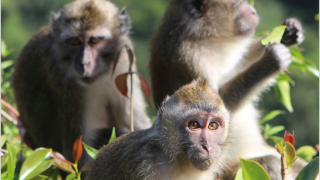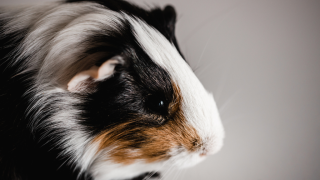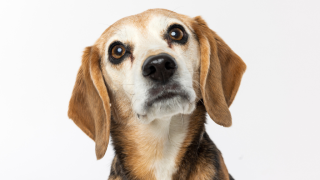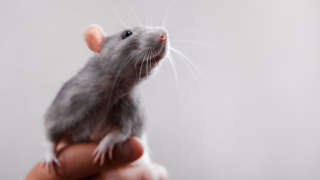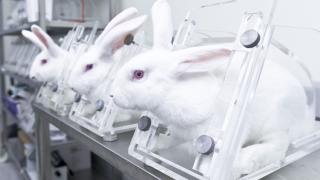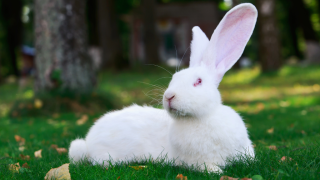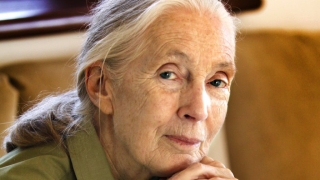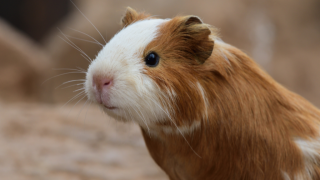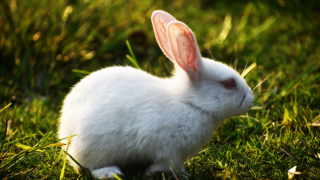Cruelty Free International presses primate concerns in Parliament
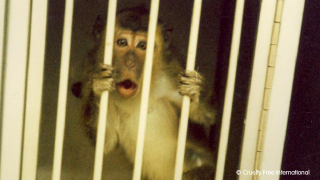
A Parliamentary Motion calling on the Government to put forward a strategy to phase out the use of monkeys, by extending the existing ban on the use of Great Apes in experiments, has been tabled.
The Early Day Motion makes reference to our recently published report which calls into question the need to use monkeys at all. The report based on a review, by scientists from Cruelty Free International, of experiments carried out on monkeys concludes that monkeys are still being subjected to extremely distressing, invasive and harmful experiment despite the availability of alternatives that would be more useful for helping human beings.
The report also highlights the increasing numbers of monkeys being used in the UK, the third highest user of monkeys in the EU. In 2013 over 2,200 monkeys were used, 73% of whom were imported from outside the EU, including primarily from Mauritius and Vietnam.
Early Day Motion 538 which has been tabled by Andrew Rosindell MP with cross-party support states:
That this House notes the report from Cruelty Free International which highlights the severe suffering inflicted on monkeys in experiments and the increasing numbers, 73 per cent, imported from outside the EU, in particular from Mauritius and Vietnam; further notes the additional suffering involved in the international trade and transportation, the availability of alternatives and the concerns that many experiments lead to no clear scientific, medical or social benefit; and urges the Government to put forward a strategy similarly to phase out the use of monkeys, extending the existing ban on the use of Great Apes.
Please write to your MP asking them to sign EDM 538 as soon as possible.
Our pioneering investigations have exposed the cruelties and suffering associated with the international trade in monkeys to supply research laboratories. To satisfy demands, tens of thousands of monkeys are held in captivity in large scale facilities in these countries, usually in barren concrete pens. Many will have been trapped in the wild, while others are bred in captivity and their offspring exported, packed in small wooden crates as cargo on airplanes to laboratories in the UK and other countries around the world.
Find out more about our work to end the international trade in primates for research
Our campaign to save our monkeys in Mauritius is raising awareness and helping end the cruel trade in monkeys on this paradise island, which exports over 8,000 monkeys annually. Our investigations revealed the cruelty and suffering of Mauritius monkeys imprisoned for breeding or exported directly to laboratories.
The majority of monkeys imported into the UK from Mauritius, were the offspring of wild-caught parents. The UK is helping to perpetuate a trade that centres on the cruel trapping of wild animals.
Recent government pledges include to work to reduce the numbers of animals in experiments as well as to end the secrecy surrounding animal experiments; Cruelty Free International believes ending monkey experiments would be an appropriate place to start.

